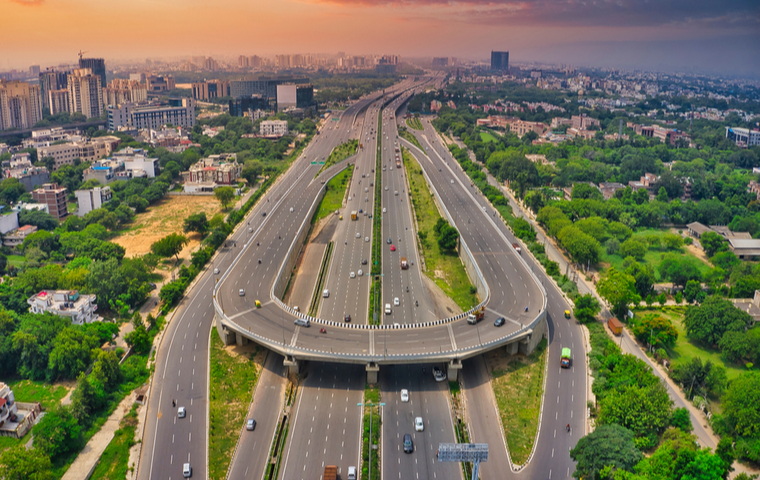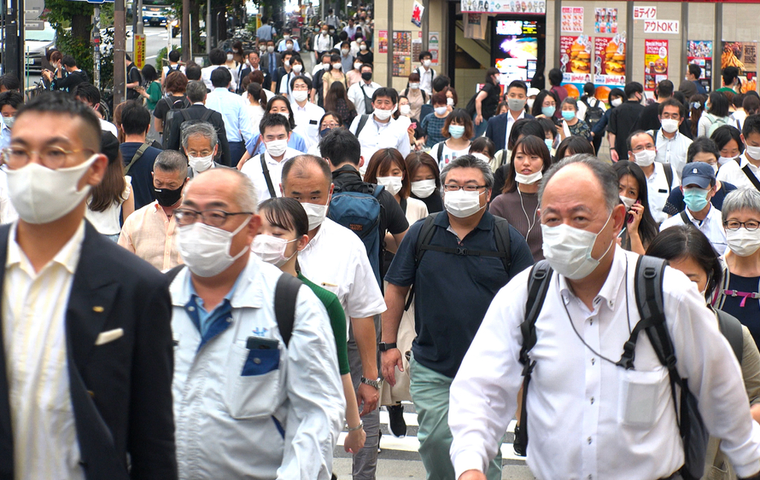South Korea’s Yoon Pulls Off Diplomatic Achievements at Hiroshima G7 Summit
Related Articles

“The examples of Ukraine and North Korea have taught us once again that freedom and peace can be maintained only when international norms and the rule of law are upheld. Aiming to become a global pivotal state, South Korea will cooperate closely with the G7 nations to strengthen the international order based on the value of freedom and the rule of law.” Thus stated South Korean President Yoon Suk Yeol (announced by South Korea’s Office of the President) at the Outreach Meeting with the G7 and invitee nations, held on the last day of the Hiroshima G7 Summit. Covering the summit on site, I felt the Yoon administration had proceeded everything by setting the G7 Summit as the goal of its first-year diplomacy.
As summarized in the above comment, “value-based diplomacy” and “global pivotal state” are the keywords of the Yoon administration’s diplomacy. While the world faces multiple crises including the Russian invasion of Ukraine, U.S.-China conflict, and surging energy prices, the Yoon administration is focusing on cooperation with like-minded countries that share the universal values of freedom, human rights, democracy, and the rule of law. Under such collaboration, as the world’s tenth economy (World Bank 2021) by GDP, Seoul stands to fully commit to solve the global-scale issues. While in Hiroshima, Yoon held meetings with nine heads of states, including Ukrainian President Volodymyr Zelensky, and also with leaders from the EU and Germany who visited South Korea before and after the summit. Having completed a busy diplomatic schedule, Yoon looked back and said, “I feel the international community now sees South Korea in a different light.”
More Distinct Collaborations with Tokyo and Washington

Yoon’s visit to Hiroshima became a perfect opportunity to showcase to people at home and abroad improved relations with Japan and stronger trilateral collaboration including the U.S. There is no doubt his first visit to Japan in March, his state visit to the U.S. in April, and Japanese Prime Minister Fumio Kishida’s visit to Seoul in May paved the way for Yoon’s G7 debut in Hiroshima. What was most impressive was the joint visit by Yoon and Kishida to the cenotaph in memory of the Korean A-bomb victims. This was received favorably in South Korea. The move to improve relations with Japan seems to be having a positive impact on Yoon’s overall diplomacy. Foreign Minister Park Jin said in a news program after the summit that the series of diplomatic efforts to end the negative spiral and create a future-oriented relationship is being well received by the international community.
Though just for two minutes, the leaders of South Korea, the U.S. and Japan met and reconfirmed the strong trilateral collaboration against North Korea, which is accelerating its nuclear and missile programs. Later, in August, the three held a summit meeting at Camp David on the outskirts of Washington, D.C. It was the first standalone trilateral summit, instead of a sideline meeting at an international conference, and there are expectations within South Korea that the collaboration between Seoul, Washington, and Tokyo will advance to a new stage.
For Yoon’s diplomacy, the challenge is how to face China, the superpower neighbor. The Leaders’ Joint Statement of the U.S.-South Korea Summit held in April went so far as to say, “The Presidents strongly opposed any unilateral attempts to change the status quo in the Indo-Pacific, including through unlawful maritime claims, the militarization of reclaimed features, and coercive activities.” As for the situation in Taiwan, in an interview before flying to the U.S., Yoon clarified he was opposed to changing the status quo by force. The Chinese Foreign Ministry rebuked, “Resolving the Taiwan issue is the Chinese people’s own business, and we will not allow others to interfere.”
Relations with China are also increasingly important when dealing with North Korea. Seeing that the North is advancing military cooperation with Russia, the Yoon administration believes China should play a constructive role for peace and stability on the Korean Peninsula.
Hence, the attention was on whether Yoon and Chinese President Xi Jinping would hold a meeting at the APEC summit in November. Xi held meetings with Kishida and U.S. President Joe Biden, but with Yoon, he just exchanged greetings. On this, a senior South Korean official from the presidential office said, “with a tight schedule, there wasn’t enough time.” Some local media pointed out Seoul needs to rethink its strategy for ties with Beijing.
With rising concern on the old Cold War structure of Japan-U.S.-South Korea vs. China-Russia-North Korea re-emerging, how will Seoul position its relations with Beijing? A key opportunity would be the Japan-China-South Korea trilateral summit, which Seoul is promoting as the chair country.
This is a translation of the Japanese article published in vol. 79 (May/Jun. 2023) of the Gaiko (Diplomacy) magazine and revised in November 2023.
Yoshiyuki Aoki has been the Seoul Bureau Chief of NHK (Japan Broadcasting Corporation) since 2021, his second stint in Seoul. He graduated from the Department of English Studies, Faculty of Foreign Studies, Sophia University in 1994. From 2002, he has provided reports on the Korean Peninsula at the International News Department. From 2009 to 2011, he has covered themes on A-bomb survivors and nuclear abolition at the Hiroshima Newsroom.




